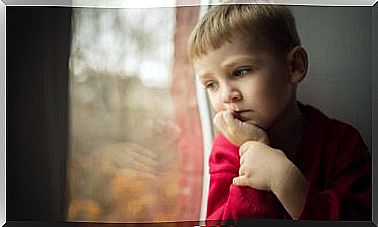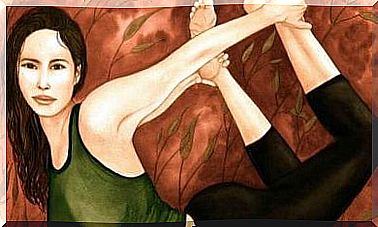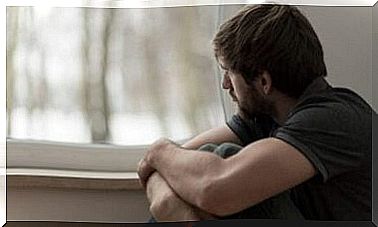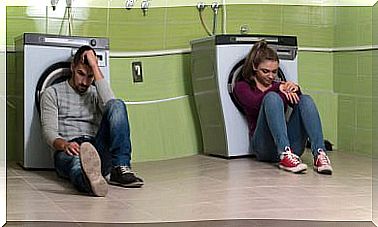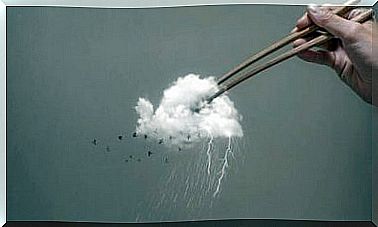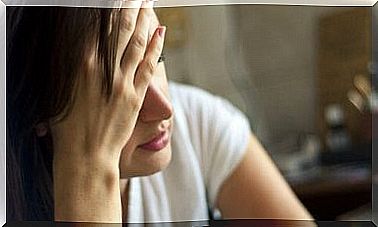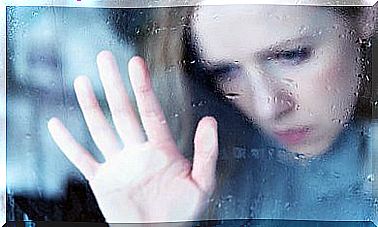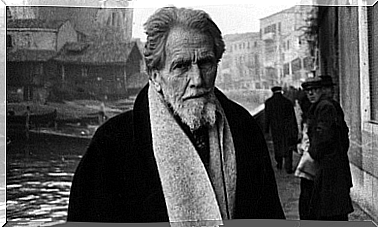The Mirror Theory: Wounds That Form And Break Relationships
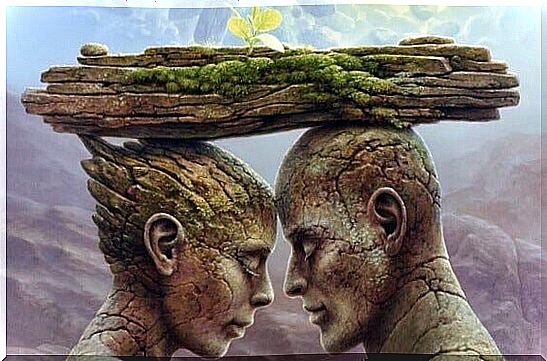
Have you ever wondered what happens when you connect with another person and some time later you discover aspects that you do not like? Jacques Lacan’s mirror theory helps us understand this process. According to the author, the construction of our personal identity occurs through the capture of oneself in others. In this way, the relationships we maintain with others are reflections or projections of aspects of our personality that we like or do not like.
What is the mirror theory?
Just as there are parts of our body and image that we do not like when we look in the mirror, there are also aspects of our personality that we do not accept. We find in the other reflections that we do not fit, all this material being repressed by our unconscious. That is to say, in some way some of the traits that we like least about others we identify in ourselves, albeit in a symbolic way. Thus, in part what we dislike about others we also dislike about ourselves.
We are constantly projecting a part of ourselves. Thus, the mirror theory is a vision that proposes a change of approach: of having to protect ourselves from the other so that we do not harm a vision from which a question arises “Why am I living this situation with this person and what Is there what I can’t bear in her in me? ”. As generally we are not able to see our own shadows and even virtues, life gives us the gift of the relationships we live to show us in a direct way what is in us. The other simply acts as a mirror, reflecting us and giving us the opportunity to meet.
How do we love each other?
The psychologist Raúl Pérez affirms that “ every attachment figure serves as a mirror, for better or for worse, since the way in which others behave with us gives us information about who we are”. He also points out that “the hooking up with a partner depends, to a great extent, on the image it returns of ourselves.”
In this way, if we interact in a healthy way, we will look for someone who gives us the best version of ourselves. However, when we choose someone who reflects what we like least, according to the mirror theory, it could be because we unconsciously believe that we do not deserve to be loved. So, it will depend on how we love ourselves, if we are looking for one partner or another.
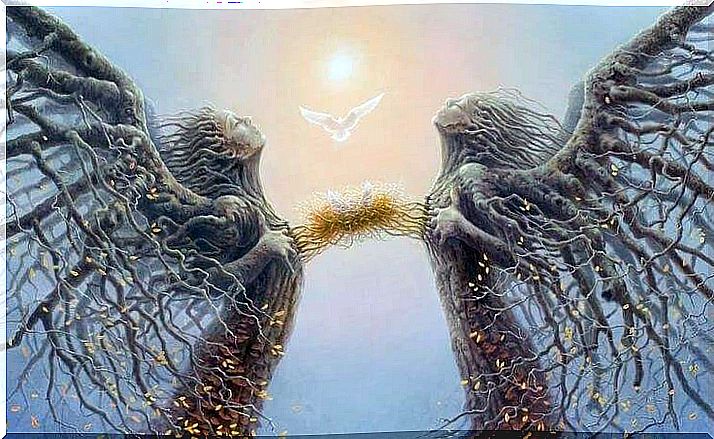
Direct or reverse mirror
The mirror theory can act in a direct or inverse way. Let’s take an example. Imagine that you cannot bear the selfishness of your partner or friend. In a direct way, you may be projecting that part of yourself that is selfish and that you reject. If you act the other way around, this person could be reflecting on how little you assert your interests. Perhaps you are always aware of others and put other people before you. In one way or another, it is providing you with very valuable information for our knowledge and evolution.
You may think that your boss is too demanding of you. Perhaps you are also very demanding and a perfectionist with yourself and your boss is nothing more than a reflection of that demand that you impose on yourself. Instead, you may be too tolerant and need a bit of rigor in your life. And we know that in balance is virtue.
Emotional wounds
With a patch we do not cure. When we hurt ourselves we first express our pain, and when we are calm we proceed to clean the wound and heal it with the appropriate tools. We do not cover it and forget it, because we know that this way it will not heal. And besides, we spend some time controlling the wound until it finally heals. The same happens with other types of injuries.
We all have emotional wounds. Emotional wounds are all those emotions, feelings, thoughts and ways of acting that were born in one or several painful moments in our life and that we have not come to overcome and accept. We have become prisoners of those emotions by keeping ourselves in a fictitious jail. Our well-being goes through transforming those emotions and those ways of thinking into wisdom and experience, so that they serve as an impulse to improve ourselves.
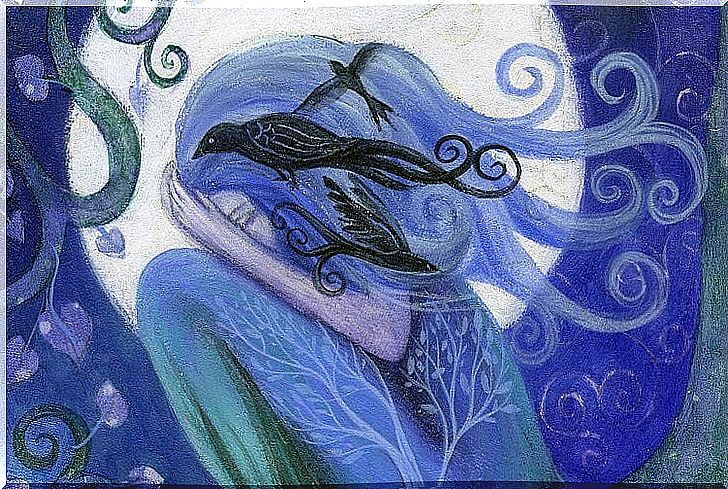
The wounds as a reflection
When we forget about our wounds, they end up becoming part of our unconscious and influencing our thoughts, moods and behavior. In us affective deficiencies begin to inhabit that originated in our early childhood, but that awaken and / or are reinforced when we do not heal.
Thus, on many occasions we find in our partner deficiencies very similar to ours. And that is precisely what brings about the union. For example, two people who suffered a lot for love meet and discover that love is not suffering. This couple has been joined by the same wound. Both are made of reflection. But you have to be careful, because the wounds that unite can also separate.
If each member of the couple does not heal their wounds, these sooner or later will begin to deteriorate the relationship. Insecurities, fears, jealousy, possession… It is as if life tries to send you reflections that will mark the way you advance to grow. If you do not analyze them and pay attention to the information they give you, you will not evolve – or you will do it slower – and your relationships will be more fragile. Therefore, the links we maintain with others, taking into account the theory of the mirror, can provide us with very valuable information about ourselves and the state of those wounds that we have not yet integrated into our history.

